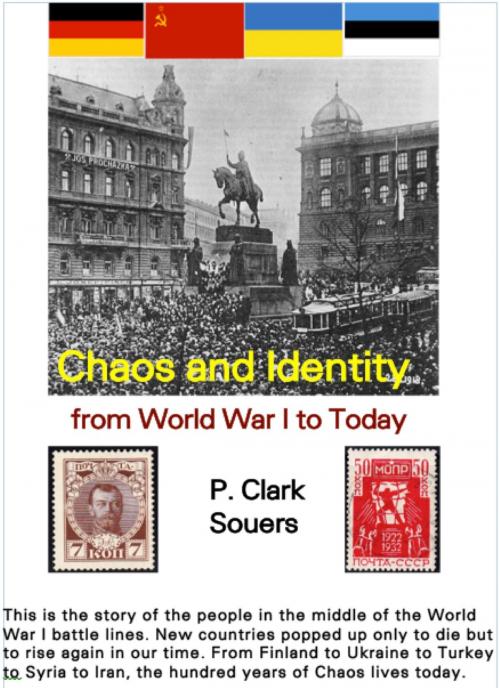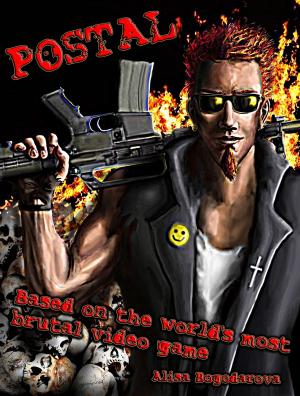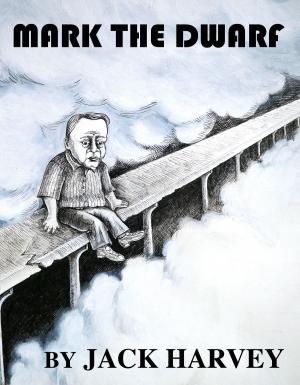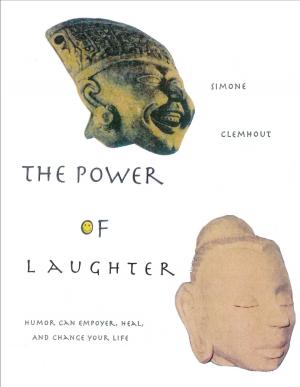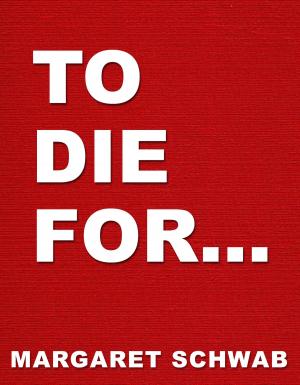Chaos and Identity
from World War I to Today
Nonfiction, History, Revolutionary, Military, World War I, Modern, 20th Century| Author: | Mr. Philip Souers, PhD | ISBN: | 9781634134590 |
| Publisher: | Publish Green | Publication: | December 15, 2009 |
| Imprint: | Language: | English |
| Author: | Mr. Philip Souers, PhD |
| ISBN: | 9781634134590 |
| Publisher: | Publish Green |
| Publication: | December 15, 2009 |
| Imprint: | |
| Language: | English |
For over a thousand years, kings and emperors ruled the European peninsula of the greater Asian continent. In 1914, by complete accident, these rulers started a suicidal war that destroyed their way of life and cast hundreds of millions of people into a new world. The eastern battle line of World War I started north in Finland and stretched all the way to Iran. In between lay central Europe, the Balkans, the Caucasus, Iraq and Palestine. What makes this book different is its packaging on a large scale- all the countries in the contested zone, what happened to them and why we should care a hundred years later. The author is a Cold War weapons scientist with his particular bias toward Russia. The narrative is pepped up with color pictures of flags, postage stamps carrying the propaganda of the time, old-time photos, maps, newspaper articles and accounts by great 1920’s travelers. The book recapitulates the eastern War, and the Russian Civil War that followed, but it is really about what the War did. Based on nationalism that nobody knew existed, people bid for recognition and independence and most of them failed; their countries were proclaimed dead but many have come back to life in our time. The underdogs, who refused to lose their identity even though they weren’t sure they had one, are back seeking their place in the sun. A hundred years ago, World War I was the greatest shock wave ever in the West, taking down four huge, old empires. Our world began then, from machine guns to super totalitarianism to rampant nationalism to ethnic cleansing to the destructive excitation of the Near East. Were Stalin and Hitler inevitable after a War with no decision? Why Germany could not change after 1918 is a major issue of the book. Lost in the cracks of these huge events are the losers, like Ukraine, written off but back again. Some, like the Karelians and the Ingrians, tried in 1918 but never made it. All across the Near East, ancient localized religions and language groups found themselves under fire, and it is worse today. Syria and Iraq, glued together by the West after the War, are now breaking into their component parts. The fire that started in 1911 in Libya, and spread to World War I, is hot in 2015.
For over a thousand years, kings and emperors ruled the European peninsula of the greater Asian continent. In 1914, by complete accident, these rulers started a suicidal war that destroyed their way of life and cast hundreds of millions of people into a new world. The eastern battle line of World War I started north in Finland and stretched all the way to Iran. In between lay central Europe, the Balkans, the Caucasus, Iraq and Palestine. What makes this book different is its packaging on a large scale- all the countries in the contested zone, what happened to them and why we should care a hundred years later. The author is a Cold War weapons scientist with his particular bias toward Russia. The narrative is pepped up with color pictures of flags, postage stamps carrying the propaganda of the time, old-time photos, maps, newspaper articles and accounts by great 1920’s travelers. The book recapitulates the eastern War, and the Russian Civil War that followed, but it is really about what the War did. Based on nationalism that nobody knew existed, people bid for recognition and independence and most of them failed; their countries were proclaimed dead but many have come back to life in our time. The underdogs, who refused to lose their identity even though they weren’t sure they had one, are back seeking their place in the sun. A hundred years ago, World War I was the greatest shock wave ever in the West, taking down four huge, old empires. Our world began then, from machine guns to super totalitarianism to rampant nationalism to ethnic cleansing to the destructive excitation of the Near East. Were Stalin and Hitler inevitable after a War with no decision? Why Germany could not change after 1918 is a major issue of the book. Lost in the cracks of these huge events are the losers, like Ukraine, written off but back again. Some, like the Karelians and the Ingrians, tried in 1918 but never made it. All across the Near East, ancient localized religions and language groups found themselves under fire, and it is worse today. Syria and Iraq, glued together by the West after the War, are now breaking into their component parts. The fire that started in 1911 in Libya, and spread to World War I, is hot in 2015.
